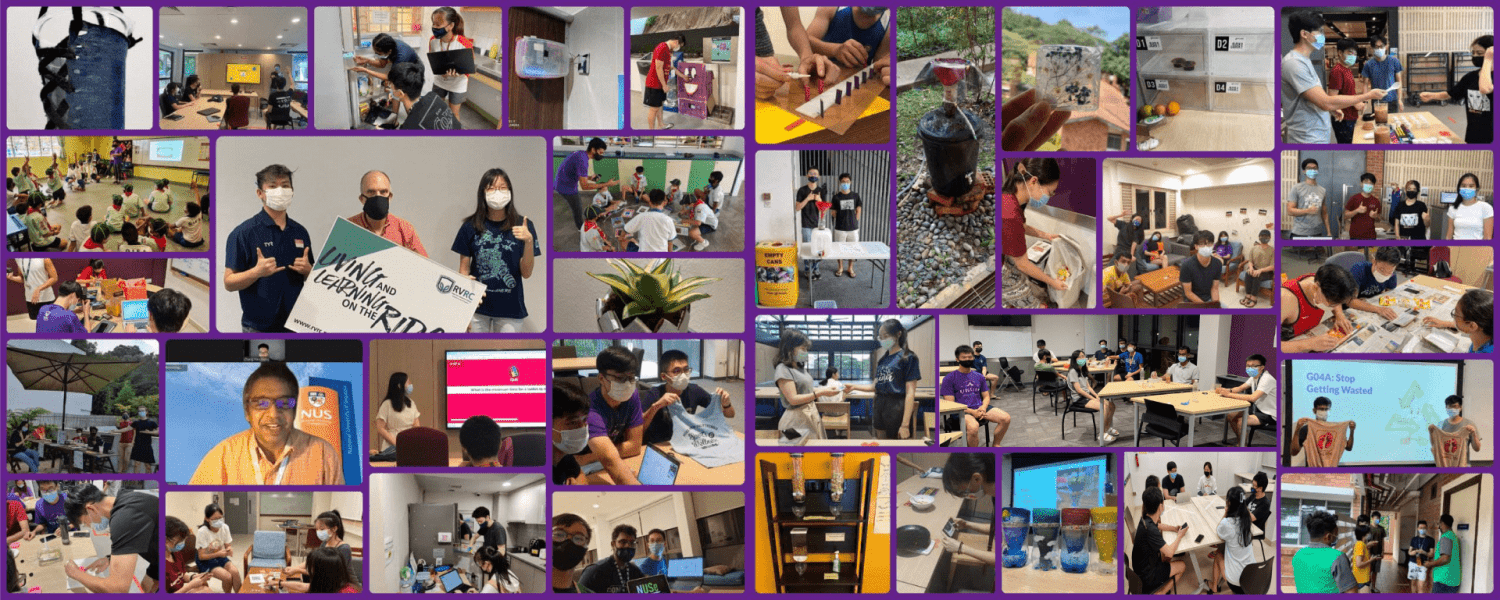Ang Shi Wei Gwenda, Foon Xin Yi, Koh Jun Ming, Tiffany Tan Hui Hoon, Chehak Bhandari
Academic Advisor: Dr. Florence Ng
In Singapore, the use of air-conditioning is responsible for 24% of its electricity consumption (Abdullah, 2017). As the nation’s energy usage grows, its carbon footprints grow larger and become more harmful than before. This results in disastrous impacts on our environment, including rising temperatures and sea levels (MEWR, 2019). The issue becomes even more problematic upon the realisation that electricity wastage is still an ongoing problem today. While efforts to encourage conservation through social nudges have been present, they have generally been unsuccessful as there is still a high amount of electricity wastage, given the unpredictability of human behaviour (Houde, Todd, Sudarshan, Flora & Armel, 2013). Hence, this project aims to explore the effectiveness of alternative methods to conserve electricity, namely automated technology. Relating the observed issue to Ridge View Residential College, our initial survey found that an astounding 66.7% of respondents witnessed the air-conditioner left running while unused in the lounges three or more times per week (n=52). With this number in mind, we implemented our solution that automatically switches off the air-conditioner by connecting it to bidirectional infrared sensors that detect human presence and absence in the lounge. After comparing the amount of time by which the air-conditioner was observed to be left on unused before and after our solution was implemented, we concluded that electricity wastage has been reduced, with the sensors in place. Hence, we put forth the recommendation to shift future conservation efforts to technological-based methods in order to effect real, effective change.
Keywords: Energy, Energy & Climate, Sensor
